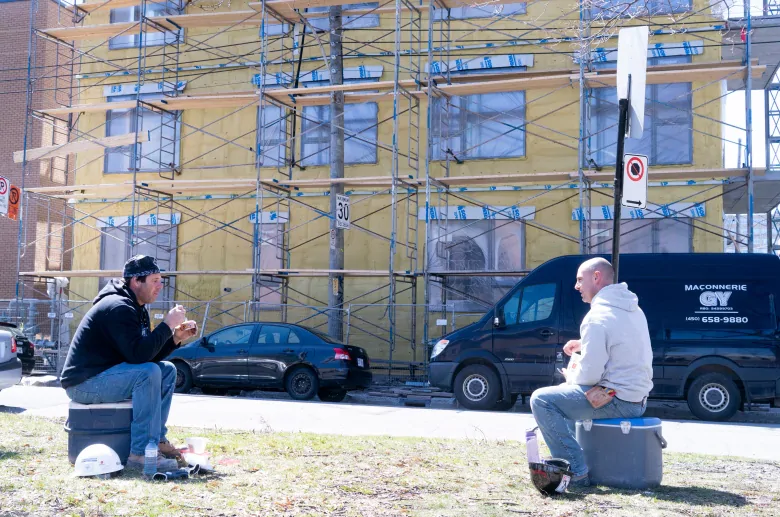As Quebec prepares to enter Phase 2 of the pandemic, Premier François Legault faces an ethical dilemma. To avoid another wave of contagion, he will likely have to choose who gets their freedoms back and who must wait.

Quebec Premier François Legault assured the province this week that planning is underway to phase out the societal lockdown that has overturned our idea of normal since it was ordered on March 23.
He wasn’t ready to provide specifics, but along with Dr. Horacio Arruda, the provincial public health director, Legault did offer some hints of what gradually reopening society will entail.
There will be guidelines about wearing masks in public; schools will be reopened gradually, possibly by geographic region and with some kind of physical-distancing policy in place; and widespread coronavirus testing will be necessary.
This process is set to start on May 4.
“The idea is not to rush things,” Legault said Monday. “We’ll go gradually, and our criteria will be the public’s health.”

The virus continues to claim scores of lives each day, most of them seniors in care. Still, public health officials believe the provincewide lockdown is succeeding at limiting the spread of COVID-19 in the population at large.
Quebec appears to have avoided, so far, the surge of COVID-19 patients that has overwhelmed hospitals in other parts of the world. Of the 7,000 hospital beds Quebec set aside at the outset of the pandemic, fewer than 1,300 were in use on Wednesday.
With its capacity at front-line hospitals intact, the government feels it can start moving to the next phase of managing the crisis.
Phase 2, though, poses a different challenge: how to balance the desire to remove restrictions with the fact that the coronavirus will still be circulating, given that no vaccine is likely to be available for at least 12 to 18 months.
Striking this balance has foisted new practical problems on the government, and new ethical ones as well — problems that may force all of us to think long and hard about big questions concerning fairness, freedom and our duties to others.
How to allot scarce resources
The ethical choices Quebec will have to make in Phase 2 will be shaped by how it responded to the major ethical challenge that confronted decision-makers in Phase 1: how to distribute front-line health care if supply is outstripped by demand.
This was the nightmare scenario in Italy, where hospitals did not have enough ventilators to treat every patient who needed one.
Doctors were reportedly “weeping in the hospital hallways” as they had to decide which patients would receive the potentially life-saving treatment, knowing that those who didn’t would likely die.
In a recent article in the New England Journal of Medicine, a group of physicians proposed ethical criteria for making dif

